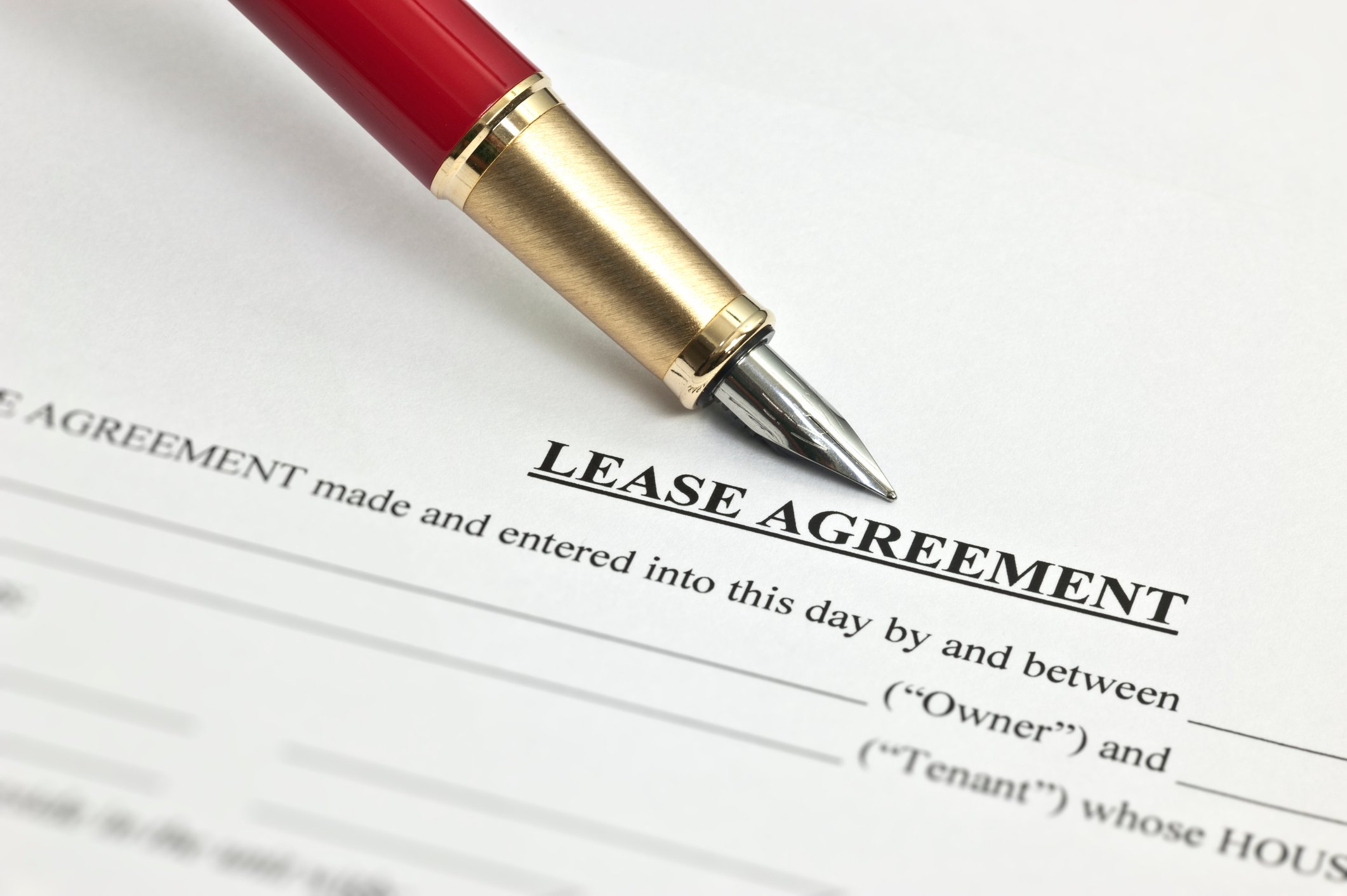
When you sign a lease with a tenant you are giving the tenant a temporary right to use your property, usually measured by a fixed period of 12 months. This right is known as a “leasehold estate.”
Although the tenant doesn’t have rights to the real property, such as being able to sell it, they normally have the right to stay in the property until the end of the lease. But there are exceptions to every rule, which means under certain circumstances you may be able to break a lease with the renter if you want to sell.
Can a landlord break a lease?… It depends
Sometimes selling a house is easier when it’s vacant, especially if you are marketing your property to a homeowner and not another investor. Whether or not a landlord can break a lease to sell the property depends on the terms and conditions of the rental agreement, and how cooperative the tenant is.
Yes
You could have a clause in your lease that allows you to break the lease with enough notice, usually 30 or 60 days. This gives the tenant enough time to look for a new place to rent, or you may be able to refer the tenant to another investor that owns rental property.
If you do put in a clause that allows you to break the lease early, don’t try to sneak it past the tenant. Be sure to point the early termination clause out to the tenant, explain how the process works, and make sure that they understand that they will have to leave once you give them an early termination notice.
No
If you don’t have an early termination clause in the lease, you can’t make the tenant leave simply because you decide to sell. A lease agreement contains elements of contract law and property law, and the fixed term of the lease applies to both you and the tenant. As long as the tenant is paying the rent on time and taking care of the property, you can’t ask the tenant to leave without cause.
Maybe
However, if the tenant is late on the rent or not taking good care of the property, you may have a window of opportunity to break the lease if you decide to sell. This is called terminating the lease “with cause.”
For example, if the tenant is constantly late paying the rent, has a pet without permission, or is breaking the law, you could begin an eviction and terminate the lease early. Before you take this route, read your state landlord-tenant laws and speak with your local property manager or real estate attorney to make sure you don’t accidentally break any state or municipal rules.

3 options for selling with a tenant in place
So what happens if you can’t terminate the lease early “with cause” and there’s no early termination clause in your rental agreement? The good news is that you’re not necessarily stuck with the tenant.
1. Cash for keys
Cash for keys is an incentive you can offer the tenant to move out early, especially if you can evict the tenant “with cause.” Good tenants who have been paying their rent on time and taking good care of your property may be more than willing to cooperate with you in exchange for some extra cash to cover their moving costs and a deposit on the next place they rent.
Offering a tenant a little bit of cash in exchange for the keys can also be a good strategy to use instead of evicting the tenant if they’re violating the lease. Paying a bad tenant to go away can be much cheaper than an eviction. A recent blog post on BiggerPockets estimates that the actual cost of evicting a tenant can be between $4,000 and $7,000.
If the tenant agrees to your cash for keys offer, be sure to use a written cash for keys agreement. Also, have your property manager there on moving day, and treat the property as vacant after the tenant leaves. On the off chance that the tenant takes your cash and doesn’t move out, the cash for keys agreement they signed will allow you to evict the tenant “with cause.”
2. Month-to-month lease
Selling a rental home isn’t a spur-of-the-moment decision, which means you’ve probably been thinking of selling for some time. Even if you haven’t quite made up your mind, consider putting your tenant on a month-to-month lease when their current lease comes to an end. If you decide not to sell you can always offer the tenant a new long-term rental agreement.
By renting to your tenant month-to-month you’ll still have the rental income coming in each month, and are also leaving your options open. If you decide to sell to another investor you can see if they want to keep the existing tenant. On the other hand, if you think a prospective buyer looking for their own home is your best bet for a sale, you can end the month-to-month lease.
The legal resource website Nolo.com lists state rules on written notice required to change or terminate a month-to-month tenancy. In most states, you can terminate a monthly rental agreement with just 30 days’ notice, but remember that your tenant can too.
3. Sell on Roofstock with a tenant in place
Instead of jumping through the hoops of trying to break a lease to sell your property, why not just sell with the tenant in place? Remote real estate investors around the world are looking for good single-family and small multifamily homes that are already rented and generating solid cash flow.
In fact, some rental property investors may be willing to pay a premium for your property depending on the net income your home is generating and the condition of the property. To sell on Roofstock with a tenant in place you can:
- Check out the Roofstock marketplace to see what rental property similar to yours is selling for.
- Submit a listing on Roofstock to receive a free price estimate, go through the Roofstock Certification process, launch your listing, then receive offers and close completely online.
Tenants Rights When Selling a Property FAQ
If you do decide to sell your property with the tenant in place, be sure to respect the tenant’s rights. Here are some of the most frequently asked questions about selling a property that’s currently rented:
Q: How much proper notice is required before showing?
You must give the tenant a 24-hour notice (or whatever your state’s landlord-tenant laws require) before entering the premises and showing the property.
Q: How often can a landlord show the home for sale?
There’s no limit to how often the home can be shown for sale. In most cases you can only show the property during reasonable hours, provided the appropriate advance notice is given.
Q: Can the tenant be present when a new buyer is looking at the property?
Your house is still the tenant’s home while you’re selling it and the tenant has the right to be there. However, you don’t have to schedule showings to accommodate the tenant.
Q: Does a tenant have to pay rent if a landlord is selling the property?
Yes, the tenant still has to pay rent when you are selling the property, along with honoring the other terms and conditions of the lease. Unless there is a “lease termination due to sale of the property” clause in the lease, the tenant will also have to pay rent to the new owner of your property until the lease ends.
Q: What happens with the existing lease and security deposit?
The existing lease and security deposit transfer to the new owner. That means that the tenant’s lease obligations – such as paying rent and taking care of the property – don’t change just because there is a new landlord. On your closing statement, you will see a debit for the amount of security deposit you received from the tenant, and the buyer will receive a credit for the same amount.
Q: Can the tenant break the lease if the home is being sold?
Generally speaking, a tenant cannot break the lease if the home is selling because the lease agreement is still in effect. However, a tenant may have a chance to break the lease if the landlord is violating the lease. Sometimes property owners try to cut back on maintenance and repairs when a home is being sold, which could result in a breach of contract on the landlord’s side.
Wrapping up
As a landlord, you have the right to sell your property, but you may not be able to break the lease. While there are a variety of ways to get a tenant to leave, that may not always be the best choice. Instead of spending time and money trying to break a lease, consider selling your home as a turnkey rental property with the tenant already in place.



